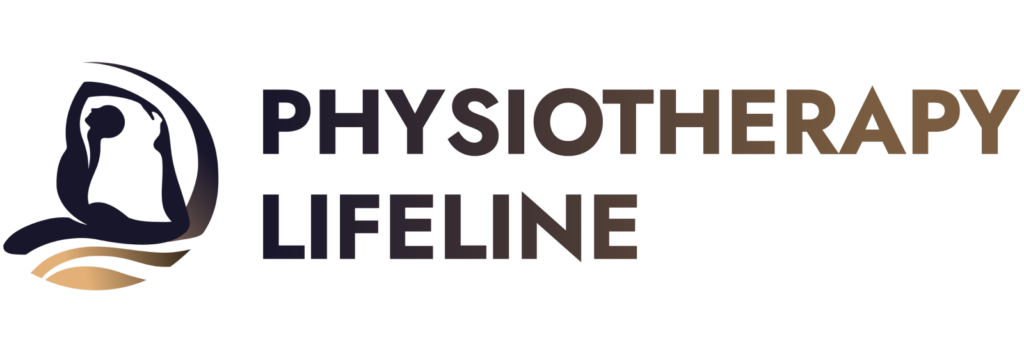Role of Physiotherapy in Pain Management

Pain is a complex and often debilitating experience that affects millions of people worldwide. It can stem from a variety of sources, including injury, chronic conditions, and surgery. While medication is a common treatment, it often comes with side effects and risks of dependency. Physiotherapy offers a holistic and effective approach to pain management, focusing on treating the root cause of pain and improving overall physical function.
Understanding Pain
Pain is a sensory and emotional experience that is influenced by various factors, including physical, psychological, and social components. Acute pain is a direct response to injury or illness, whereas chronic pain persists for longer periods, often without a clear cause. Managing pain effectively requires a comprehensive approach that addresses these diverse factors.
The Physiotherapy Approach
Physiotherapy, or physical therapy, involves the use of various techniques to alleviate pain and improve mobility. Physiotherapists are trained healthcare professionals who assess, diagnose, and treat a wide range of conditions. They use a combination of manual therapy, exercise, education, and modalities like heat, cold, and electrical stimulation to manage pain.
Key Techniques in Physiotherapy for Pain Management
Manual Therapy
- Techniques such as joint mobilization, manipulation, and soft tissue massage help reduce pain, improve mobility, and restore function. These hands-on techniques are particularly effective in treating musculoskeletal pain.
Therapeutic Exercise
- Customized exercise programs are designed to strengthen muscles, improve flexibility, and enhance endurance. Exercises not only help in pain relief but also prevent future injuries by improving overall physical fitness and function.
Electrotherapy
- Modalities like Transcutaneous Electrical Nerve Stimulation (TENS), ultrasound, and laser therapy can reduce pain and inflammation. These treatments are often used in conjunction with other physiotherapy techniques to provide comprehensive pain relief.
Heat and Cold Therapy
- Application of heat or cold can reduce pain and swelling. Heat therapy increases blood flow and relaxes muscles, while cold therapy numbs pain and reduces inflammation.
Education and Self-Management Strategies
- Physiotherapists educate patients about their condition and pain management techniques. This includes posture correction, ergonomic advice, and strategies to manage pain during daily activities.
Benefits of Physiotherapy in Pain Management
Non-Invasive and Drug-Free
- Physiotherapy offers a natural and non-invasive approach to pain management, reducing the need for medications and their associated risks.
Holistic Approach
- By addressing the underlying causes of pain and focusing on overall physical health, physiotherapy provides a holistic approach that benefits both the body and mind.
Personalized Treatment
- Each physiotherapy plan is tailored to the individual’s specific needs and condition, ensuring the most effective treatment and recovery plan.
Improved Mobility and Function
- Physiotherapy not only reduces pain but also improves mobility, strength, and overall physical function, enhancing the quality of life.
Preventive Care
- Physiotherapy helps in preventing future injuries and managing chronic conditions through education and tailored exercise programs.
Consider a patient recovering from knee surgery. Physiotherapy can help manage post-operative pain through a combination of manual therapy, exercises to strengthen the surrounding muscles, and modalities like cold therapy to reduce swelling. Over time, the patient regains mobility and strength, reducing the risk of future knee problems.
Another example is a person with chronic lower back pain. Physiotherapists can provide manual therapy to relieve tension, prescribe core-strengthening exercises, and educate the patient on proper posture and body mechanics. This comprehensive approach not only alleviates pain but also empowers the patient to manage their condition effectively.
Physiotherapy plays a vital role in pain management, offering a comprehensive, non-invasive, and personalized approach to treating various types of pain. By addressing the root causes and focusing on overall physical health, physiotherapy helps patients achieve long-term relief and improved quality of life. If you’re experiencing pain, consider consulting a physiotherapist to explore how this holistic approach can benefit you. Contact Phyiotherapy Life Experts today!
Have Any Question?
- +91 96721 79398
- support@domain.com




